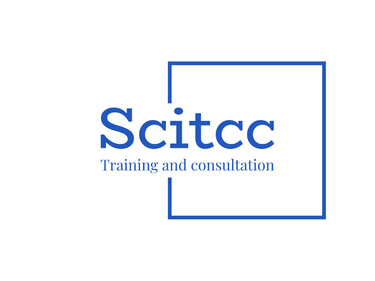
Aligning and Achieving the Future Vision
Aligning and Achieving the Future Vision
$5200.00
Program axes
Day One: Introduction to the Future Vision
Definition of future vision: Understanding the concept and the importance of setting a clear vision.
Basics of strategic planning: the difference between vision, mission, and goals.
Defining a personal or institutional vision: How to set a feasible vision.
Day Two: Current Situation Analysis
Current situation assessment: Using tools like SWOT analysis to understand strengths and weaknesses.
Analysis of future trends: How to track social, economic, and technological trends.
Challenges and opportunities: identifying potential obstacles and future opportunities.
Day Three: Developing an Executive Plan
Formulating achievable goals: Turning the vision into specific and realistic objectives.
Execution strategies: How to break down goals into short, medium, and long-term tasks.
Tools and techniques for implementing plans: techniques such as design thinking, roadmaps, and project management tools.
Day Four: Adapting to Changes and Flexibility
Change management: How to adapt to future transformations and adjust to changing circumstances.
Enhancing personal and institutional resilience: Building the ability to adapt in the face of crises and challenges.
The importance of continuous motivation and guidance: maintaining the drive to achieve the vision over time.
Day Five: Measuring Progress and Evaluation
Performance and results evaluation: How to measure progress towards achieving the vision.
Using Key Performance Indicators (KPIs): Defining measurable indicators to track performance.
Reviewing and adjusting plans: How can strategies be modified in case of failure or faster-than-expected progress?
Teaching style:
Interactive workshops: Involving participants in group discussions and practical exercises.
Case studies: Analyzing success and failure stories of institutions or individuals.
Individual advisory sessions: Supporting participants in shaping their own visions or institutions.
Techniques for critical and creative thinking: Encouraging participants to think outside the box.


